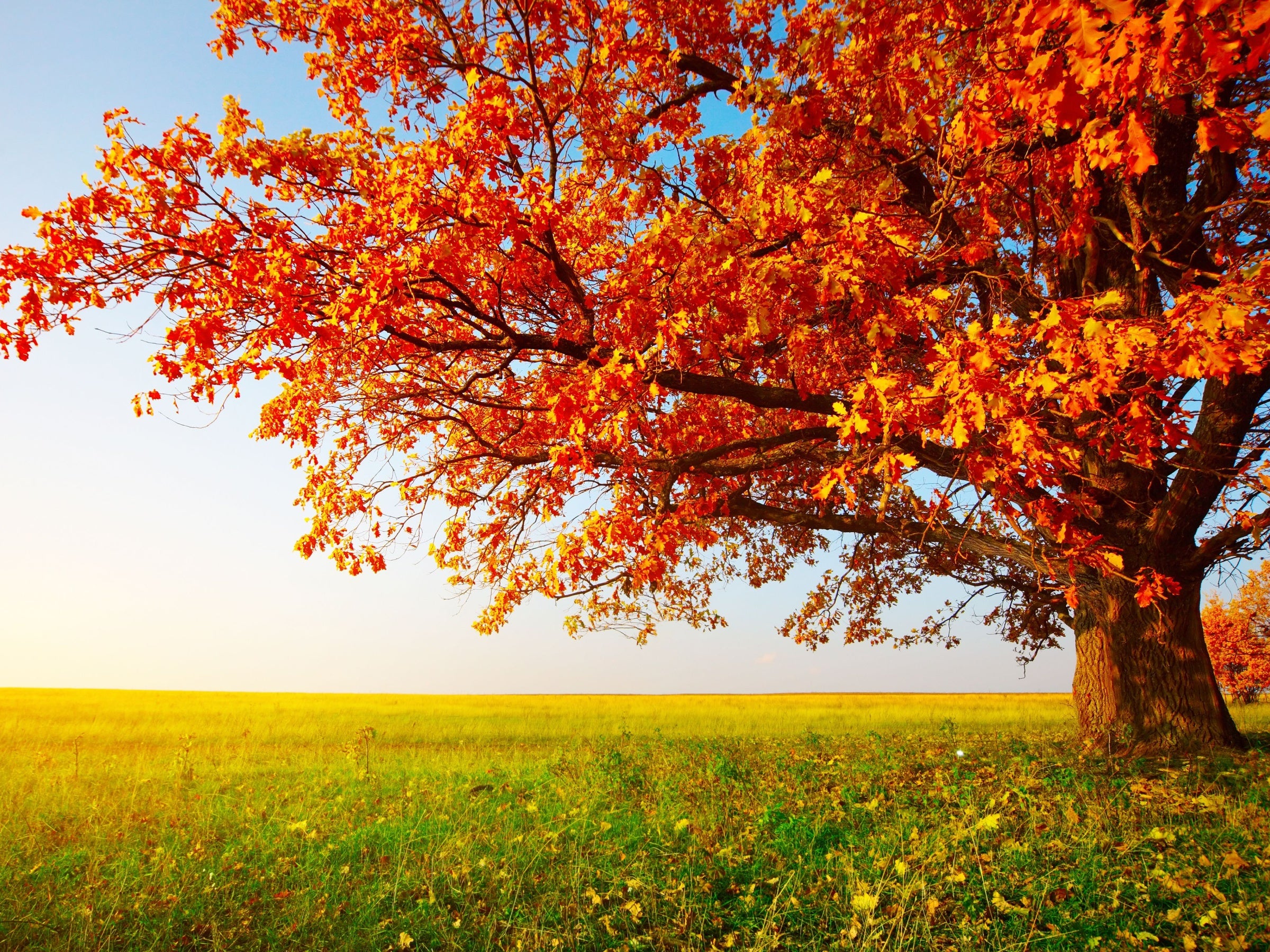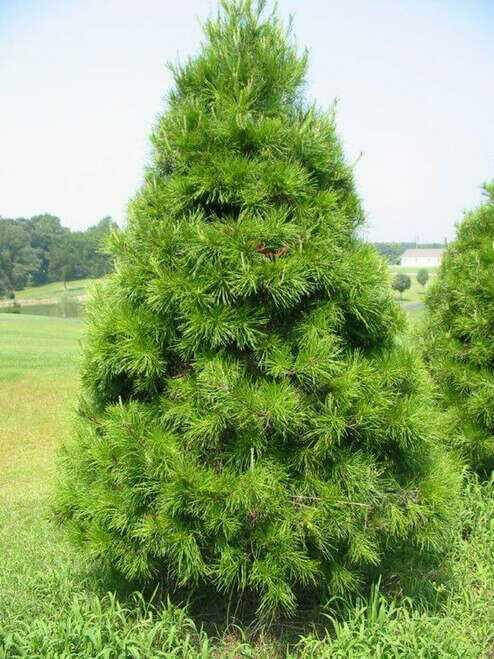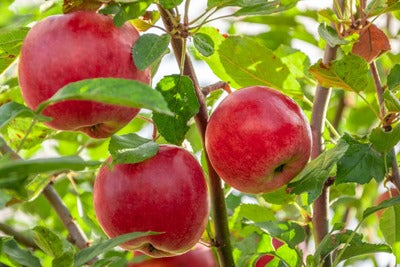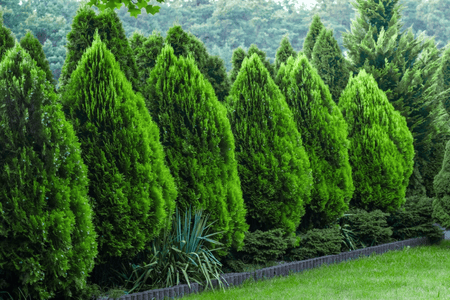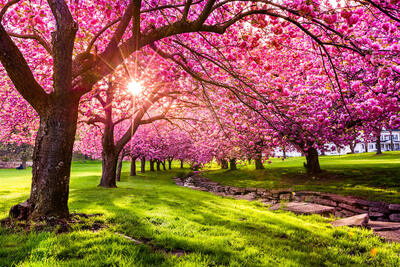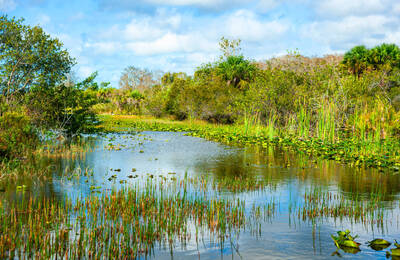Trees For Sale - Landscaping Favorites
Trees offer long-term benefits to a home. They are planted for aesthetic beauty, but an environmentally conscious class of homeowners has a much deeper understanding of the importance of native trees. They produce and provide fresh oxygen. They also effectively reduce cooling costs in hot summer months by providing shade. Last but certainly not least, trees absorb airborne toxins from jet streams to chemical trails.
Best Selling Tree Varieties
There’s something deeply satisfying about planting a tree. It’s more than adding greenery—it’s an investment in shade, wildlife, and future memories. Whether you're planning to frame a driveway, offer privacy, cool your home, or create seasonal interest, we have trees for sale to suit every space and purpose.
Browse Our Trees for Sale: From Fast-Growing to Classic Favorites
TN Nursery offers a wide selection of bare-root varieties grown with care and shipped directly from our Tennessee Nursery to your doorstep. Our trees range from fast-growing species perfect for quick coverage to slow-growing hardwoods that stand the test of time. Each one arrives healthy and ready to root into your soil.
Popular Choices Include:
Shade Trees
Ideal for naturally cooling patios and rooftops. These also reduce power or electric bills and keep your home and lawn much cooler when you opt for shade trees.
Flowering Trees
Add seasonal color and curb appeal wih flowering varieties. They are also excellent at attracting pollinators to your lawn, looking for pollen and nectar.
Evergreen Trees
Year-round structure, privacy, and wind protection. They stay lush and green year round and provide year round beauty and comfort.
Fruiting Trees
Delicious harvests and beautiful spring blooms and summr fruits is the best attributed of planting trees. They are the #1 staple in landscaping.
Why Buy Trees Online from TN Nursery?
We’ve spent decades growing native, hardy trees that thrive in various climates. You get more than a plant experience, service, and trusted quality when you shop with us. Whether landscaping a new build or adding the final touch to your backyard, our trees are carefully selected to thrive and grow strong and beautiful in your specific soil and climate zone.
From the first dig to the last autumn leaf, our collection of trees for sale brings beauty and purpose to your landscape. Explore our best sellers and customer favorites—and plant something that lasts.
